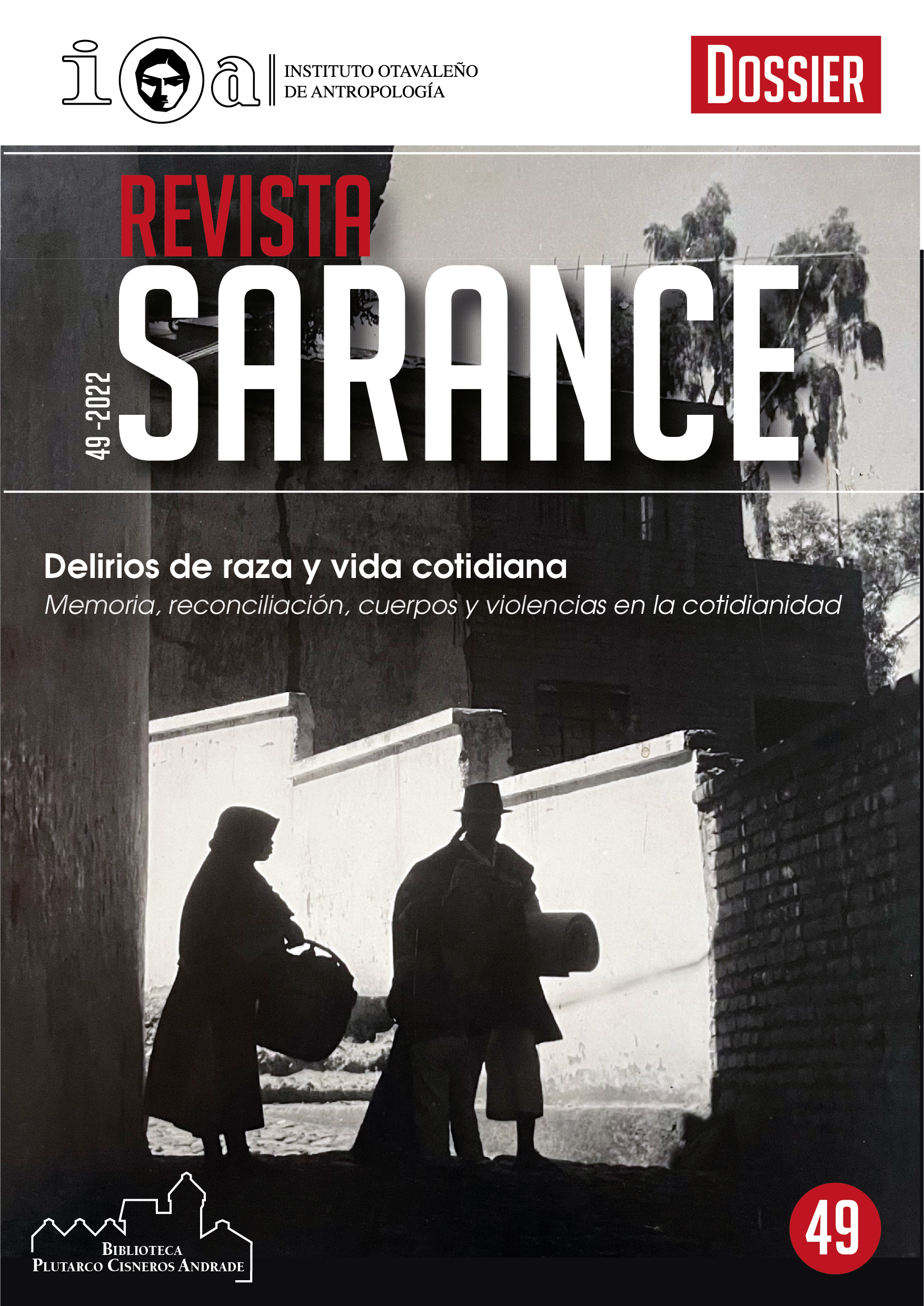Abstract
Following the introduction to the history and topography of the Canelos forest region, I turn to the central theme of this essay, the indigenization of modernity. Next, I provide examples of mythic cosmology to guide the reader to consider Amazonian Canelos Quichua’s perspectives on cultural topography. We demonstrate the relationships between language, culture, and even topography – between the “lowlands” and the “highlands” –as we explore the culture and interculturality and then discuss the subject of ethnogenesis in indigenous thought and in written historical portrayal. In the face of a trending indigenous structure, I discuss the “epistemic distortion” existing in various academic sectors and attempt to counter or deflect what I take to be such distortions by reference especially to Sahlins (2000) and Uzendoski (2005b). The indigenization of modernity clearly contains millennial references (Whitten 2003), in which “milennial” is an English metaphor that refers to the Quichua concept of pachacutij (Uzendoski 2005b:ix), understood as “the return of space-time (chronotope) from a prosperous past to that of a prosperous future” (Whitten 2003:x). Likewise, the intertwining of modernity and its indigenization, the birthing of alternative modernities and emerging culture are present in a myriad of intercultural systems to which, hopefully, more and more ethnographers will turn their attention to, working—again it is hoped— with historians, linguists, literary professionals, and above all spokespeople for Western modernity who endeavor to appropriate modern ways of life through counterhegemonic indigenous systems and deep transformation.

This work is licensed under a Creative Commons Attribution-NonCommercial-ShareAlike 4.0 International License.
Copyright (c) 2022 Array





